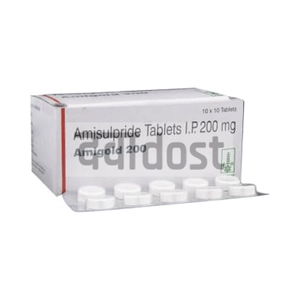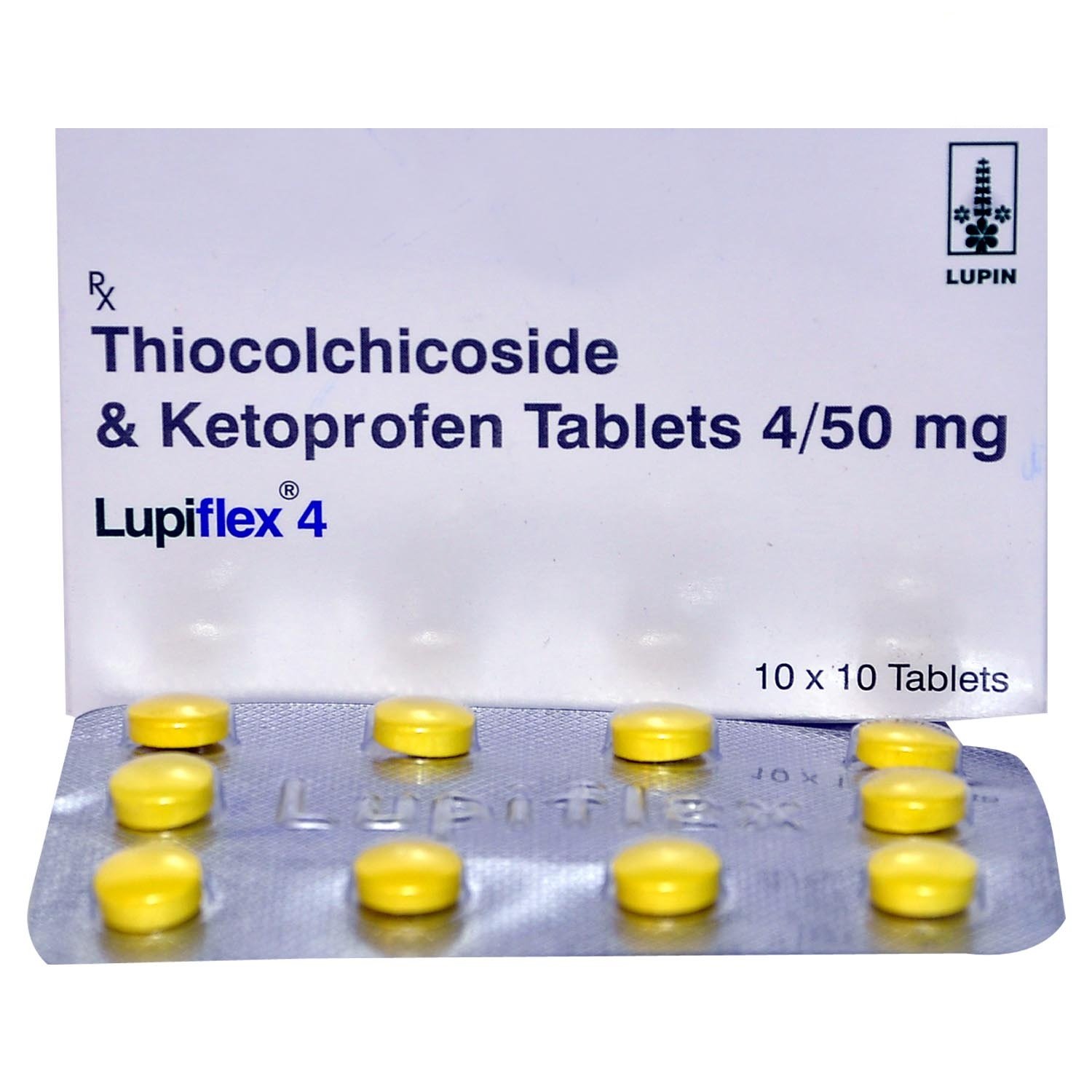amigold
Introduction to Amigold
Amigold is a medication primarily used to treat mental health conditions such as schizophrenia and other psychotic disorders. It can also be effective in treating depression, especially in patients who have not responded well to other antidepressants.
Composition of Amigold
Amigold contains the active ingredient Amisulpride, which works by affecting certain chemicals in the brain to help manage symptoms of mental health disorders.
Uses of Amigold
- Treatment of schizophrenia
- Management of other psychotic disorders
- Used in lower doses for treating depression
Side Effects of Amigold
Common Side Effects:
- Drowsiness
- Insomnia (difficulty sleeping)
- Headache
- Weight gain
- Dry mouth
Serious Side Effects:
- Tremors
- Rigidity
- Restlessness
- Sexual dysfunction
Precautions of Amigold
Amigold should be used with caution in patients with a history of heart conditions. It should be avoided in cases of severe liver or kidney impairment, and in pregnant or breastfeeding women unless absolutely necessary. It's also not recommended for children and teens due to insufficient safety information.
How to Take Amigold
- Follow the dosage prescribed by your doctor.
- For serious mental health issues, the usual dose is 400-800mg a day, possibly up to 1200mg.
- For issues related to lack of energy or motivation, a lower dose of 50-300mg a day is used.
- Take the medication at the same time each day for the best effect.
Conclusion of Amigold
Amigold is a valuable medication for managing schizophrenia and other psychotic disorders, as well as certain cases of depression. While it can be highly effective, it's important to be aware of potential side effects and take necessary precautions. Always follow your healthcare provider's instructions when using Amigold.

Similar Medicines
More medicines by Lupin Ltd
Available in 4 variations

Amigold 50 Tablet 10s
strip of 10 tablets

strip of 10 tablets

strip of 10 tablets

Amigold 100 Tablet 10s
strip of 10 tablets














.svg)
